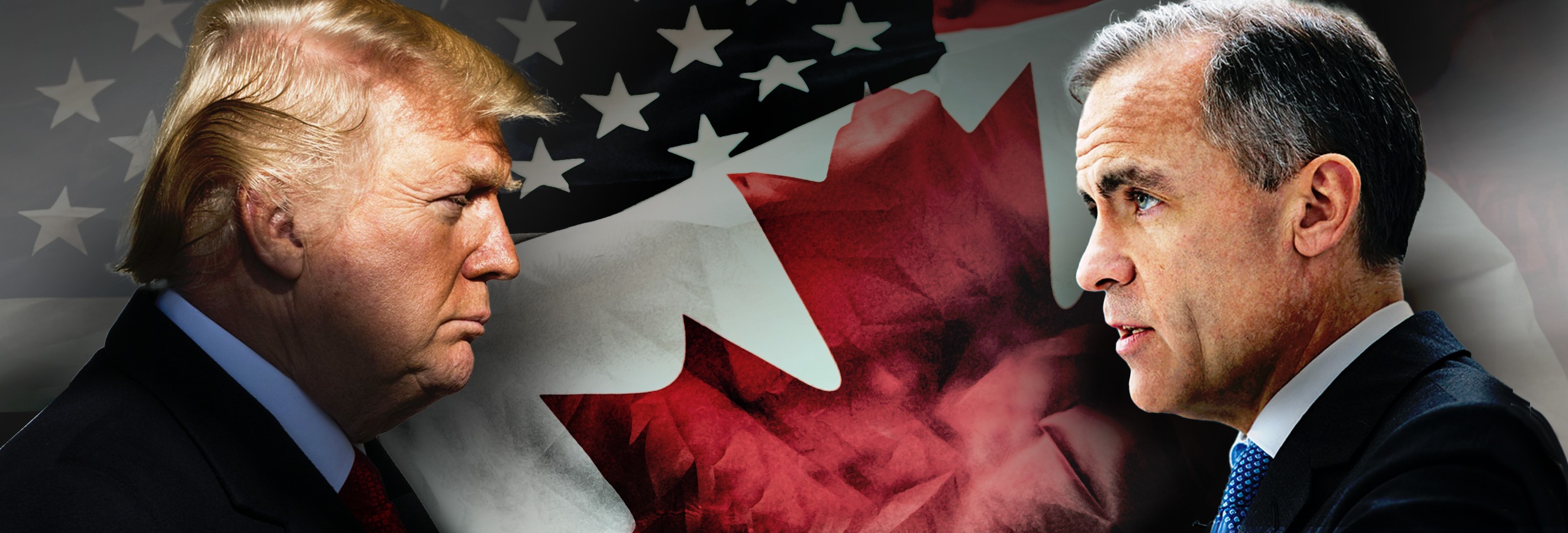ADVERTISEMENT
Sponsored by
Canada to fight Trump tariffs with ‘purpose’ and ‘force,’ Carney says
U.S. President Donald Trump announced sweeping reciprocal tariffs Wednesday. He also unleashed a baseline 10 per cent fee on all imports, but a fact sheet from the White House states Canada is exempt.
ADVERTISEMENT
WATCH: Trump delivers full ‘Liberation Day’ speech to crowd
Trump announces sweeping global tariffs
U.S. President Donald Trump take aim at Canada over dairy products: 'It gets up to 275-300 per cent'
U.S. no longer a reliable partner to Canada: former defence minister
USMCA needs to be re-strengthen, not destroyed by tariffs: expert
Auto tariffs threatens economy 'built together' with U.S.: Windsor Mayor
Tariffs on auto sector could add $3K-$5K on vehicles sold in Canada: analysis
Incompetent U.S. administration, fed in 'toxic brew': money manager
Energy & Commodities
Oil drops as Trump’s trade war stokes concern about crude demand
Oil retreated after U.S. President Donald Trump ratcheted up his trade war with sweeping tariffs on major trading partners, raising concerns that economic turmoil will hurt crude demand.
Trade War
Canada to fight Trump tariffs with ‘purpose’ and ‘force,’ Carney says
U.S. President Donald Trump announced sweeping reciprocal tariffs Wednesday. He also unleashed a baseline 10 per cent fee on all imports, but a fact sheet from the White House states Canada is exempt.
Editor's Picks
Guest Schedule
Find out who's on BNN Bloomberg TV today.
See all guestsMoney Talk
Cut out the noise. Hear what matters.
Watch now
BNN Bloomberg App
Get a customizable stock list and breaking news alerts.
Download now



































